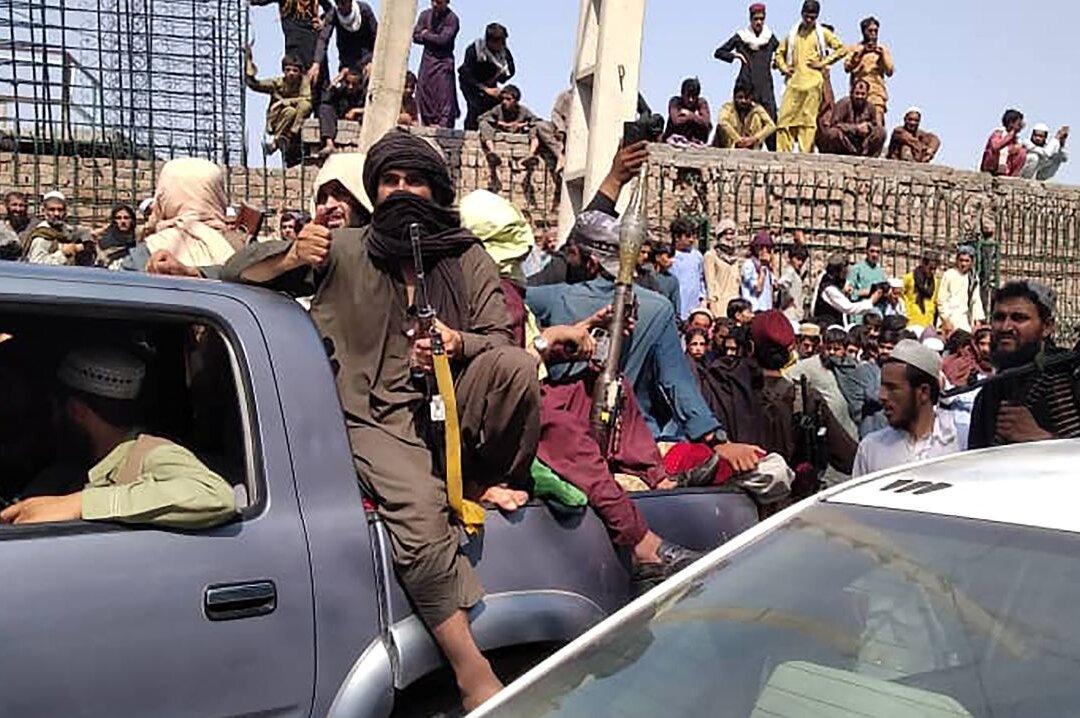Commentary
America and the world are watching in rapt dismay as Afghanistan falls into the hands of the Taliban. Just weeks ago, Gen. Mark Milley, chairman of the Joint Chiefs of Staff, said that wouldn’t happen.

America and the world are watching in rapt dismay as Afghanistan falls into the hands of the Taliban. Just weeks ago, Gen. Mark Milley, chairman of the Joint Chiefs of Staff, said that wouldn’t happen.